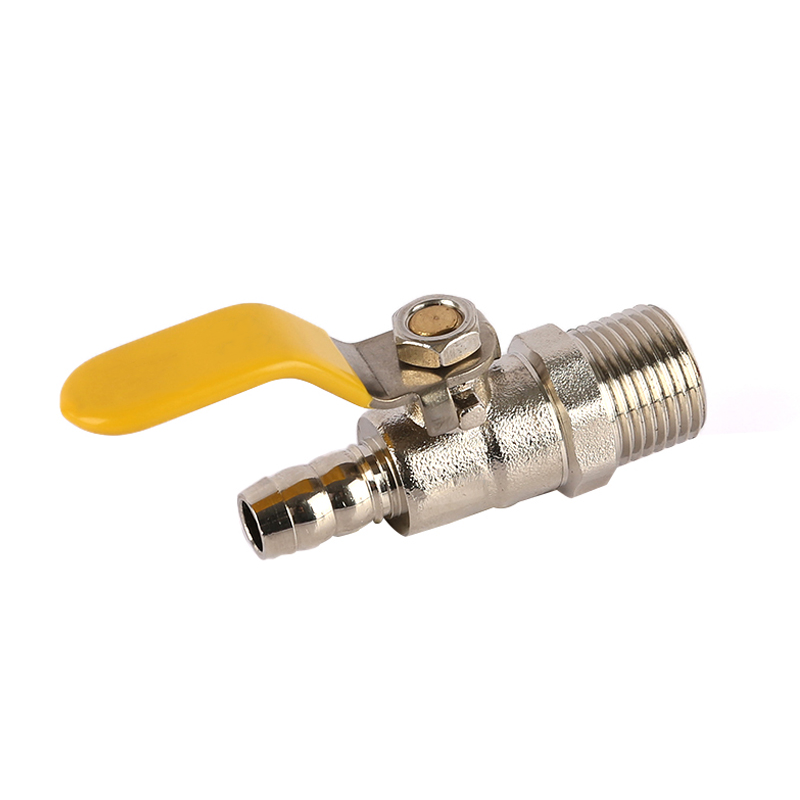In the realm of industrial and domestic applications, the demand for valves that can withstand the corrosive effects of various media is ever-increasing. Among the materials used for such purposes, brass stands out with its remarkable resistance to corrosion. This article delves into the qualities of brass ball valves, exploring their suitability for a range of environments and applications.
The Essence of Brass Ball Valves
Brass ball valves are engineered to provide a seamless interface between fluid systems and their control mechanisms. These valves are appreciated for their durability and resistance to the corrosive effects of water, oil, and gases. The inherent properties of brass make these ball valves a choice for a variety of industries, including plumbing, heating, and industrial equipment.
Corrosion Resistance and Its Importance
Corrosion resistance is a critical feature for any valve that is expected to perform reliably over time. Brass ball valves, with their inherent corrosion resistance, offer a robust solution to this challenge. The material's resistance to corrosion ensures that these valves maintain their integrity even when exposed to harsh conditions, such as those found in chemical processing or marine environments.
Applications of Brass Ball Valves
The versatility of brass ball valves is evident in their widespread use across different sectors. In domestic settings, brass ball valves are commonly found in water supply lines and heating systems, where they provide a reliable means of controlling water flow. Their good corrosion resistance makes them a popular choice for homeowners looking to avoid the inconvenience and expense of frequent replacements due to corrosion damage.
In industrial applications, brass ball valves are often used in systems that handle corrosive fluids. Their good corrosion resistance brass ensures that these valves can operate effectively without the risk of leaks or failure, which could be costly in terms of both downtime and potential environmental damage.

Advantages of Brass Ball Valves
One of the key advantages of brass ball valves is their ability to maintain a tight seal even under pressure. This is crucial in scenarios where leaks could to significant problems. The corrosion-resistant brass construction of these valves ensures that they can withstand the pressures without compromising their structural integrity.
Another advantage is the ease of operation. Brass ball valves offer a smooth turning motion, which makes them easy to open and close. This feature is particularly beneficial in applications where the valve may need to be operated frequently or by individuals without extensive training.
Maintenance and Longevity
The good corrosion resistance of brass ball valves means that they require minimal maintenance. They do not corrode or rust, which reduces the need for regular inspections and replacements. This not only saves on maintenance costs but also ensures that the valves remain functional for longer periods.
Brass ball valves are a testament to the enduring qualities of brass as a material. Their corrosion resistance makes them a reliable choice for controlling water, oil, and gas in a variety of environments. Whether in domestic plumbing systems or industrial processes, these valves stand up to the challenges posed by corrosive media, providing a durable and efficient solution. As we consider the importance of durability and resistance to corrosion in valve technology, brass ball valves remain a compelling option that meets these needs admirably.

 English
English русский
русский Deutsch
Deutsch












